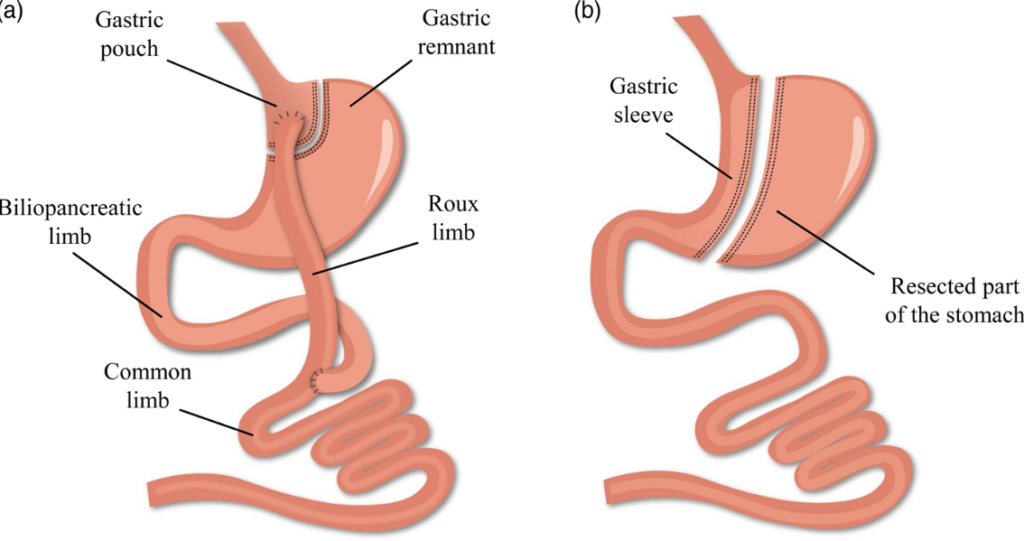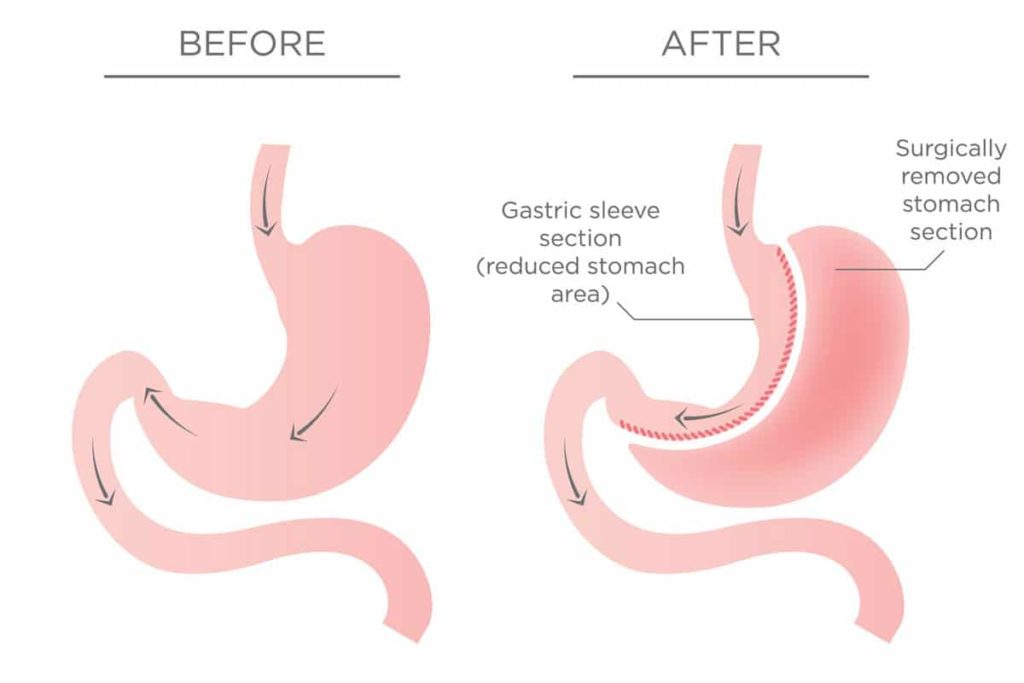
Have you noticed that alcohol affects you differently now that you’ve had a stomach sleeve operation? Before going under the knife, you were fine with making 2-3 pegs of your favorite Scotch; now, even one peg makes you feel the same as 2-3? Take a moment to be comforted due to the fact that you are not alone with your feelings!
Stomach Sleeve Operation:
According to a survey, almost 90% of patients who had a gastrectomy with a sleeve are now more vulnerable to alcohol. After a few sips, they, like you, are able to experience the effects of alcohol. Many people often say that after one or two drinks, they lose muscle control and are unable to regain balance for two or three hours.
If you believe there is a problem with the gastric sleeve stomach operation, be assured that this is a fallacy. It’s important to remember that the body changes dramatically after the operation, and it all boils down to how the body absorbs and metabolizes alcohol in a bariatric patient.
Never Use Alcohol After the Operation
When you drink alcohol or any other alcoholic beverage with natural gut anatomy, it first reaches the stomach and is metabolized into a mechanism known as gastric alcohol metabolism, through which the enzyme alcohol dehydrogenase works its magic. So, it is recommended not to use the stomach sleeve operation.
Sex, age, drugs, and other factors, on the other hand, may influence blood alcohol levels and their consequences and also best drug testing. The pace at which alcohol empties into the intestines affects alcohol absorption as well.
Food is another aspect that influences the whole process. Food in the stomach delays gastric emptying, which decreases the rate at which alcohol is absorbed by the intestines. An empty stomach, on the other hand, improves absorption while also increasing the risk of intoxication. Therefore, you should avoid alcohol after the gastric sleeve stomach operation.
Patients who undergo gastric bypass have about 95% of their stomach bypassed, including the pylorus. Because of the greater surface area of the intestines, the alcohol travels directly from the stomach into the intestines, where it is rapidly absorbed. You can imagine the rate at which alcohol is consumed in bariatric patients when you add in the post-operative rule of not eating while drinking.
Furthermore, bariatric patients consume a low-carbohydrate diet, resulting in a low glycogen level. As alcohol reaches the body, it depletes glycogen stores while also disrupting glucose homeostasis. This increases the risk of hypoglycemia in bariatric patients. Thus, you should not use the alcohol after the stomach sleeve operation.

